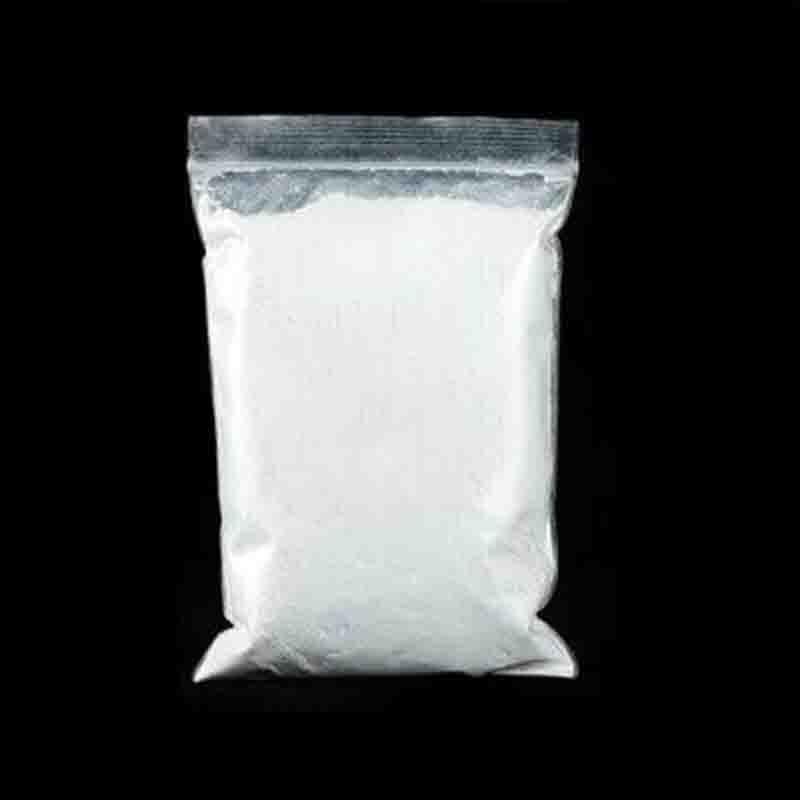-
Categories
-
Pharmaceutical Intermediates
-
Active Pharmaceutical Ingredients
-
Food Additives
- Industrial Coatings
- Agrochemicals
- Dyes and Pigments
- Surfactant
- Flavors and Fragrances
- Chemical Reagents
- Catalyst and Auxiliary
- Natural Products
- Inorganic Chemistry
-
Organic Chemistry
-
Biochemical Engineering
- Analytical Chemistry
-
Cosmetic Ingredient
- Water Treatment Chemical
-
Pharmaceutical Intermediates
Promotion
ECHEMI Mall
Wholesale
Weekly Price
Exhibition
News
-
Trade Service
Delirium, formerly known as an acute confounding state, is a dangerous complication after a stroke.
Efforts to improve the understanding of its brain mechanisms have preventive and therapeutic value
.
Delirium is defined as a sudden drop or fluctuation in attention, orientation, arousal, and memory, and occurs in 23% (95% CI, 17%-28%) of stroke survivors
prevention
However, due to our lack of detailed information about the brain relevance of this disease, there is currently no manipulation of neural mechanisms to prevent, control, or treat delirium
.
Only a few functional and structural neuroimaging studies have been used to study the brain structures affected in delirium, and little is known about the brain networks that are damaged in delirium after stroke
According to reports, the right brain stroke may increase the incidence of delirium, this relationship may be from another processing disorders mediated attention and space, known as spatial neglect (spatial neglect, SN), proved to be an independent delirium Predictor
.
SN is defined as the asymmetry of attention and action after brain lesions, which leads to dysfunction
Therefore, in delirium, the decreased supply of some neurotransmitters (such as acetylcholine) and the increased release of other neurotransmitters (such as dopamine) may be related to the dysfunction of ARAS
.
Direct evidence of the role of the wake-up network in delirium comes from a functional neuroimaging study that monitors patients during and after the onset of delirium
In this way, Olga Boukrina and others of the Kessler Foundation solved this knowledge gap in this resting functional magnetic resonance (rs-fMRI) study
.
Twenty-nine right hemisphere ischemic stroke patients undergoing acute rehabilitation treatment completed delirium and SN assessments and functional neuroimaging scans
.
To assess the relationship between the global functional connectivity of the four right hemibrain seed areas in the cortical-subcortical arousal and attention network and effective measures of SN and delirium severity
They found that among 29 patients, 6 (21%) met the diagnostic criteria for delirium , and 16 (55%) met the diagnostic criteria for SN
.
The connection between the right basal forebrain and the brainstem and basal ganglia is reduced, indicating a more severe SN
Diagnosed that the connection between the right basal forebrain and the brainstem and basal ganglia is reduced, indicating a more severe SN
Delirium and SN are associated with a decrease in wake-up network activity and an imbalance in the cortex-subcortical hemisphere connection
Original source:
Boukrina O, Kowalczyk M, Koush Y, Kong Y, Barrett AM.
Brain Network Dysfunction in Poststroke Delirium and Spatial Neglect: An fMRI Study .
Stroke.
Brain Network Dysfunction in Poststroke Delirium and Spatial Neglect: An fMRI StudyLeave a message here







